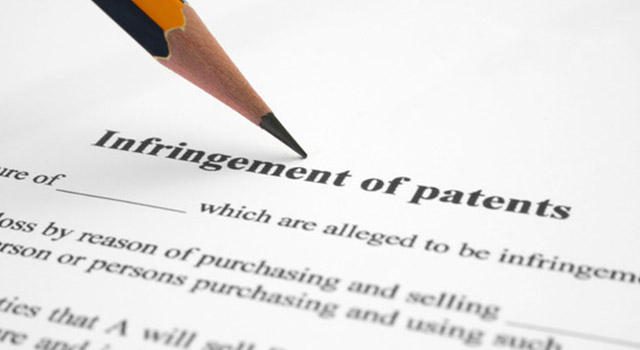
The department of trade and industry’s (DTI’s) draft policy on intellectual property (IP), released in September last year, did not include input from experts in IP law.
This, according to legal experts, has led to uncertainty in meaning, intention and compliance with the agreement on the international trade-related aspects of IP rights (Trips) to which South Africa is a signatory.
Patent attorney and Spoor & Fisher partner David Cochrane says this is the main problem with the DTI’s draft policy. Cochrane was speaking at the Free market Foundation on Wednesday.
The draft policy was published on 4 September 2013 and comment from interested parties was required by 17 October 2013. As yet, no updated policy has been issued.
“Most commentators agree with the broad objectives of the draft IP policy, that the framework has some commendable objectives and that it is important for South Africa to finalise its IP policy,” says Cochrane. “Once finalised, the IP policy will be a reference document for amendments to the Patents Act.”
The South African Patents Act has, however, not been amended since 2002 and can be brought further into line with developments in patent law, says Cochrane.
He says the draft IP policy mentions compulsory licensing, parallel importation, patent examination and “evergreening” and suggests amendments to the South African Patents Act to bring South Africa in line with the flexibilities in the Doha Declaration on Trips and public health.
Compulsory licensing occurs when a court or a government, allows a person other than the owner of a patent to make available a patented product without the consent of the patent owner. A compulsory licence is usually granted in the event of abuse of patent rights, in the case of a national emergency or in the interests of public health. South Africa’s current laws allow for this, but Cochrane concedes that there is room for amendment in view of international developments.
Parallel importation refers to the importation of genuine goods bought in one country into another. The South African Patents Act is not clear on this and an amendment to make provision for parallel importation would be allowable from a legal point of view, he says.
Another suggestion in the draft IP Policy is that South Africa should consider implementing substantive patent examination and make allowance for the pre- and post-grant opposition of patents. Currently, South Africa has a deposit-based patent system with no opposition procedure. Cochrane says, however, that the current system works. A patent examination system could benefit the South African economy by employing more engineering and science graduates as patent examiners and provide more and better career opportunities. The drawback is that it will be more expensive, take longer and make obtaining patents more difficult. The main risk is that South Africa may not have the capacity, ability, resources and expert training available to implement an effective patent examination system.
Cochrane suggests that the introduction of an “opposition procedure”, which will require a panel of experts to decide on the validity of a patent that is challenged by a third party, may be enough.

Evergreening, meanwhile, is the practice of extending patent protection on a product by filing a subsequent invalid patent after the initial patent has expired. He says that the South African courts will not enforce a patent if it is not inventive, and thus will stop attempts at evergreening. Cochrane explains that the South African courts take public interest into account when a patent is enforced. The draft policy appears to suggest that a standard of innovation should be required for pharmaceutical inventions. He does not think that the law should be amended to try and legislate on this, and that pharmaceutical inventions should comply with the normal requirements of inventiveness.
Cochrane says the IP policy needs to be finalised without further delay, and with input from legal experts. When it comes to the amendment of the South African Patents Act, it is important that the amendments are “clear and unambiguous and comply with South Africa’s obligations under the Trips agreement and that a functioning system continues to ensure that patent rights are protected”.
“We must not throw the baby out with the bathwater,” he says.
And while it’s within the pharmaceutical industry that South Africa’s patent laws are most often put to the test, the laws have the same implications for the technology and software sectors, says patent attorney and partner at Spoor & Fisher Lance Abramson.
Abramson specialises in the filing of applications in the electrical, electronic, software and nanotechnology fields, and related litigation.
“There is nothing in the [draft policy] document on the patentability of software. However, there is a section discussing the copyright of software,” says Abramson, “and unfortunately we won’t get any clarity on the patentability of computer software at this point in time.”
The software patent issue is a grey area in South Africa, according to Abramson. He says companies here file patents and amend these into the same format as those required in Europe, for example, as they have a very strict software regime. Companies do so in the hope that when there is clarity on software patents in South Africa, those patents will be valid.
“There is no guarantee or way of knowing which of those patents will be valid and which will be invalid. We are just following international laws.”
He says that if examination procedures are set up in the IP registration process, it will force examiners to investigate software patents thoroughly and make a final decision on them. “It would be nice to have something in the policy but I have not heard anything about a discussion on software patents at all.” — © 2014 NewsCentral Media




